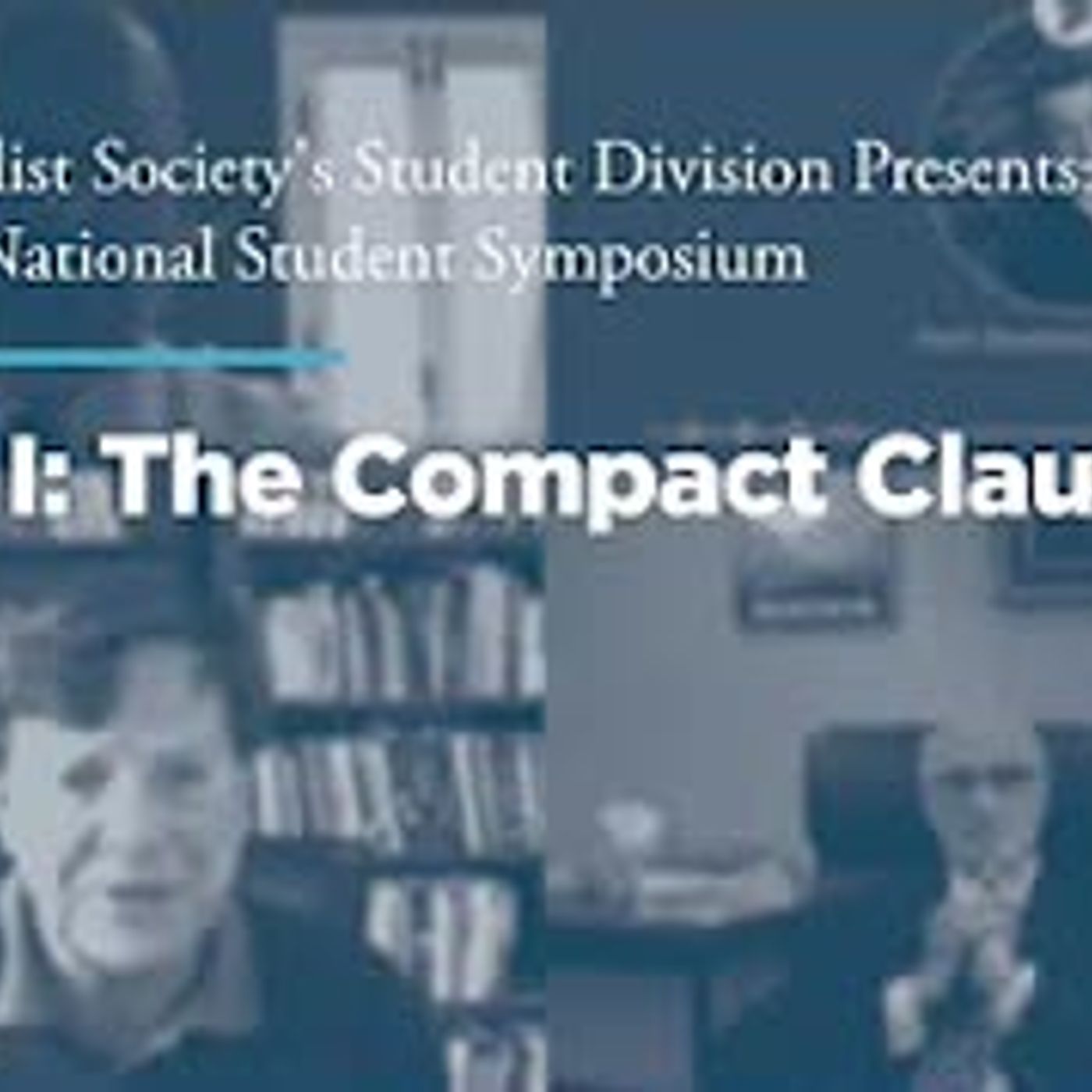- News
- Politics
- SEE MORE
- classical
- general
- talk
- News
- Family
- Bürgerfunk
- pop
- Islam
- soul
- jazz
- Comedy
- humor
- wissenschaft
- opera
- baroque
- gesellschaft
- theater
- Local
- alternative
- electro
- rock
- rap
- lifestyle
- Music
- como
- RNE
- ballads
- greek
- Buddhism
- deportes
- christian
- Technology
- piano
- djs
- Dance
- dutch
- flamenco
- social
- hope
- christian rock
- academia
- afrique
- Business
- musique
- ελληνική-μουσική
- religion
- World radio
- Zarzuela
- travel
- World
- NFL
- media
- Art
- public
- Sports
- Gospel
- st.
- baptist
- Leisure
- Kids & Family
- musical
- club
- Culture
- Health & Fitness
- True Crime
- Fiction
- children
- Society & Culture
- TV & Film
- gold
- kunst
- música
- gay
- Natural
- a
- francais
- bach
- economics
- kultur
- evangelical
- tech
- Opinion
- Government
- gaming
- College
- technik
- History
- Jesus
- Health
- movies
- radio
- services
- Church
- podcast
- Education
- international
- Transportation
- Other
- kids
- podcasts
- philadelphia
- Noticias
- love
- sport
- Salud
- film
- and
- 4chan
- Disco
- Stories
- fashion
- Arts
- interviews
- hardstyle
- entertainment
- humour
- medieval
- literature
- alma
- Cultura
- video
- TV
- Science
- en
Panel I: The Compact Clause

On March 14, 2020, the Federalist Society held its 39th National Student Symposium. The Symposium was originally scheduled to be held at the University of Michigan's Law School but was rescheduled as a digital conference. The first panel covered The Compact Clause.
The Compact Clause has received extra attention recently because of the Electoral College and the proposed state compact concerning the popular vote, but that is far from the only use of the compact clause. There are currently 200 active interstate compacts ranging from the significant to the almost trivial. The environment, metropolitan transportation authorities, and waterways are a few major areas where compacts are frequent. What can compacts properly cover? When are they constitutionally forbidden? When permitted, when do they promote good public policy, and what are the dangers posed by their use?
Prof. Michael S. Greve, Professor of Law, Antonin Scalia Law School
Prof. Roderick M. Hills, Jr., William T. Comfort, III Professor of Law, New York University School of Law
Prof. Jonathan H. Adler, Johan Verheij Memorial Professor of Law and Director of the Center for Business Law & Regulation at the Case Western Reserve University School of Law, Case Western Reserve University School of Law
Moderator: Mr. Eugene B. Meyer, President and CEO, The Federalist Society
*******
As always, the Federalist Society takes no position on particular legal or public policy issues; all expressions of opinion are those of the speakers.